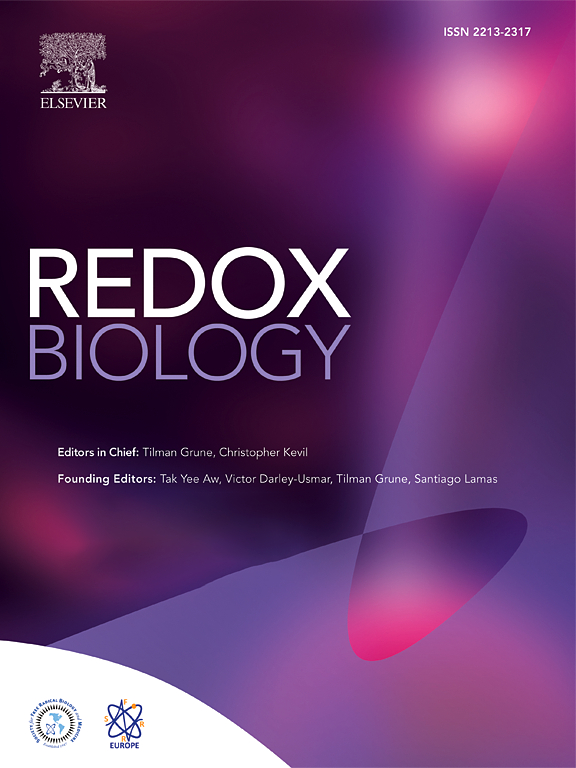COVID-19的病毒性线粒体病
IF 10.7
1区 生物学
Q1 BIOCHEMISTRY & MOLECULAR BIOLOGY
引用次数: 0
摘要
导致2019冠状病毒病(COVID-19)的严重急性呼吸综合征冠状病毒2 (SARS-CoV-2)会破坏细胞线粒体,导致广泛的慢性炎症和多器官功能障碍。病毒蛋白导致线粒体生物能量崩溃,破坏线粒体动力学,破坏离子稳态,同时避免抗病毒防御,包括线粒体抗病毒信号。这些变化既推动了COVID-19的急性发作,也推动了其长期影响,即“长期COVID”。本文综述了SARS-CoV-2影响线粒体的机制以及对慢性免疫、长期健康风险和潜在治疗的影响的新发现。本文章由计算机程序翻译,如有差异,请以英文原文为准。
Viral Mitochondriopathy in COVID-19
Severe acute respiratory syndrome coronavirus 2 (SARS-CoV-2), which causes coronavirus disease 2019 (COVID-19), disrupts cellular mitochondria, leading to widespread chronic inflammation and multi-organ dysfunction. Viral proteins cause mitochondrial bioenergetic collapse, disrupt mitochondrial dynamics, and impair ionic homeostasis, while avoiding antiviral defenses, including mitochondrial antiviral signaling. These changes drive both acute COVID-19 and its longer-term effects, known as “long COVID”. This review examines new findings on the mechanisms by which SARS-CoV-2 affects mitochondria and for the impact on chronic immunity, long-term health risks, and potential treatments.
求助全文
通过发布文献求助,成功后即可免费获取论文全文。
去求助
来源期刊

Redox Biology
BIOCHEMISTRY & MOLECULAR BIOLOGY-
CiteScore
19.90
自引率
3.50%
发文量
318
审稿时长
25 days
期刊介绍:
Redox Biology is the official journal of the Society for Redox Biology and Medicine and the Society for Free Radical Research-Europe. It is also affiliated with the International Society for Free Radical Research (SFRRI). This journal serves as a platform for publishing pioneering research, innovative methods, and comprehensive review articles in the field of redox biology, encompassing both health and disease.
Redox Biology welcomes various forms of contributions, including research articles (short or full communications), methods, mini-reviews, and commentaries. Through its diverse range of published content, Redox Biology aims to foster advancements and insights in the understanding of redox biology and its implications.
 求助内容:
求助内容: 应助结果提醒方式:
应助结果提醒方式:


